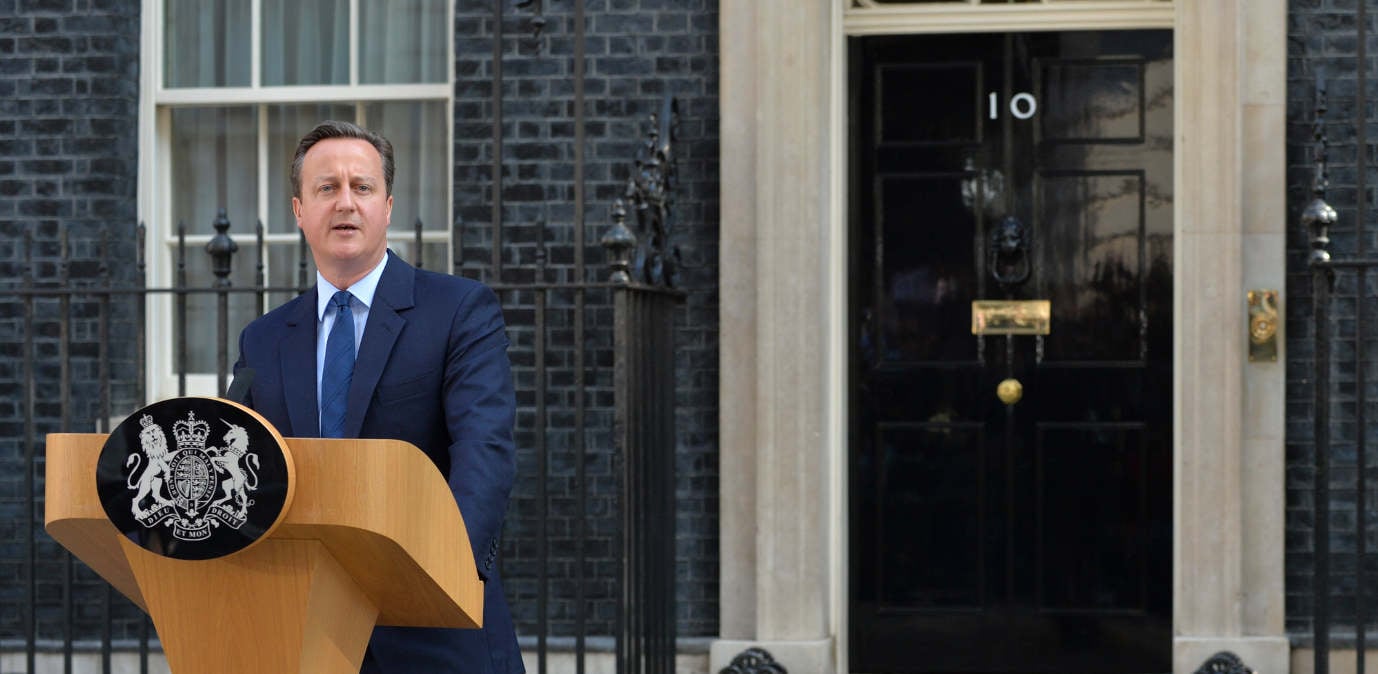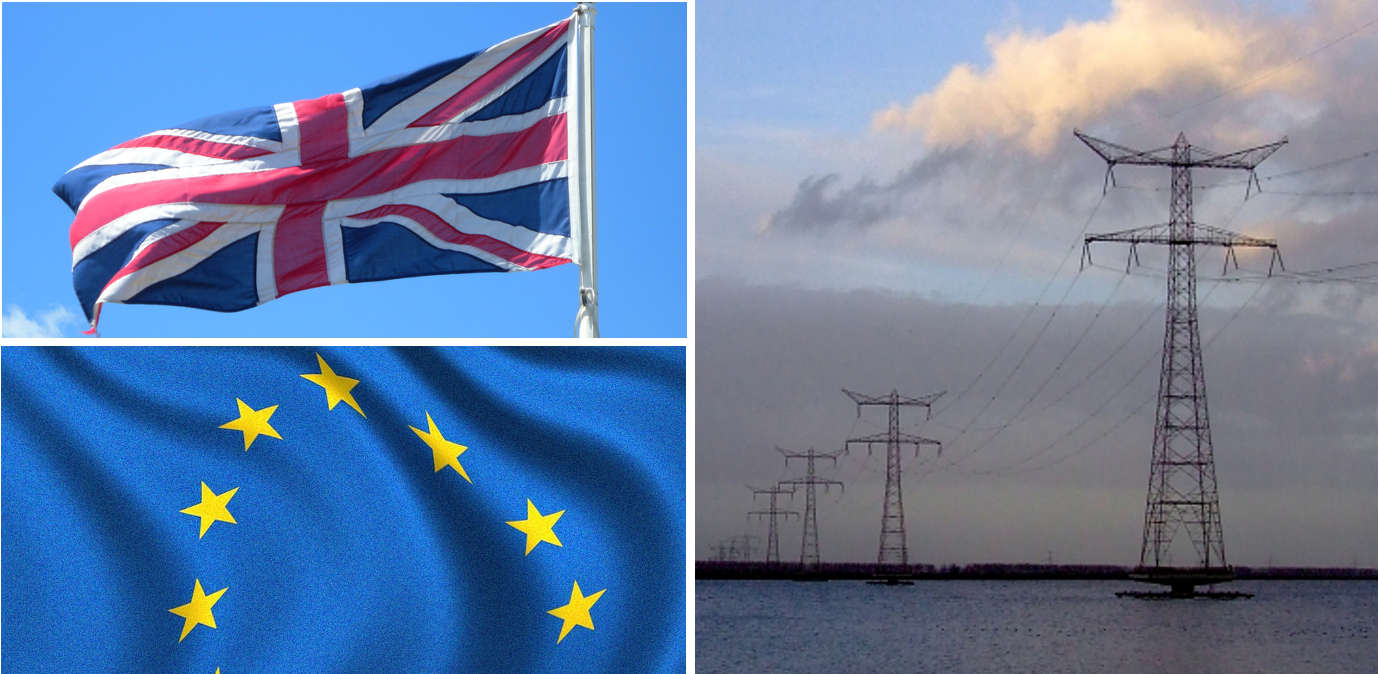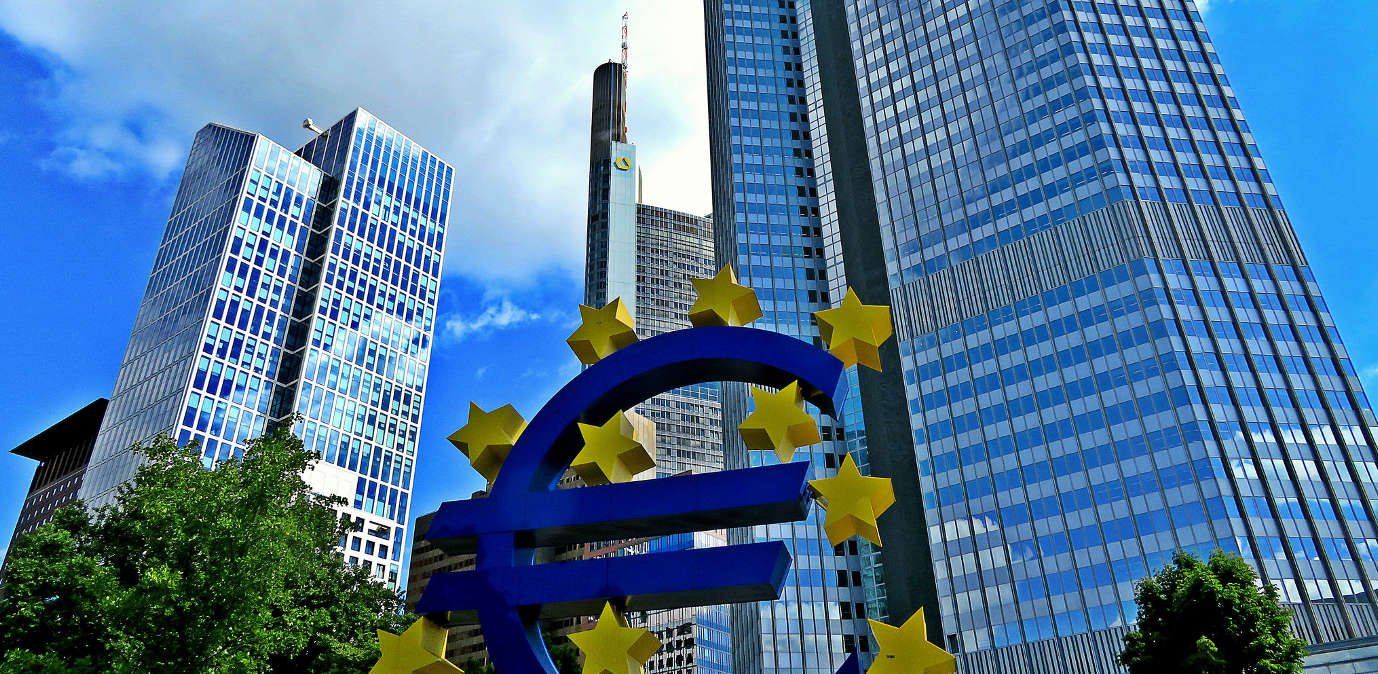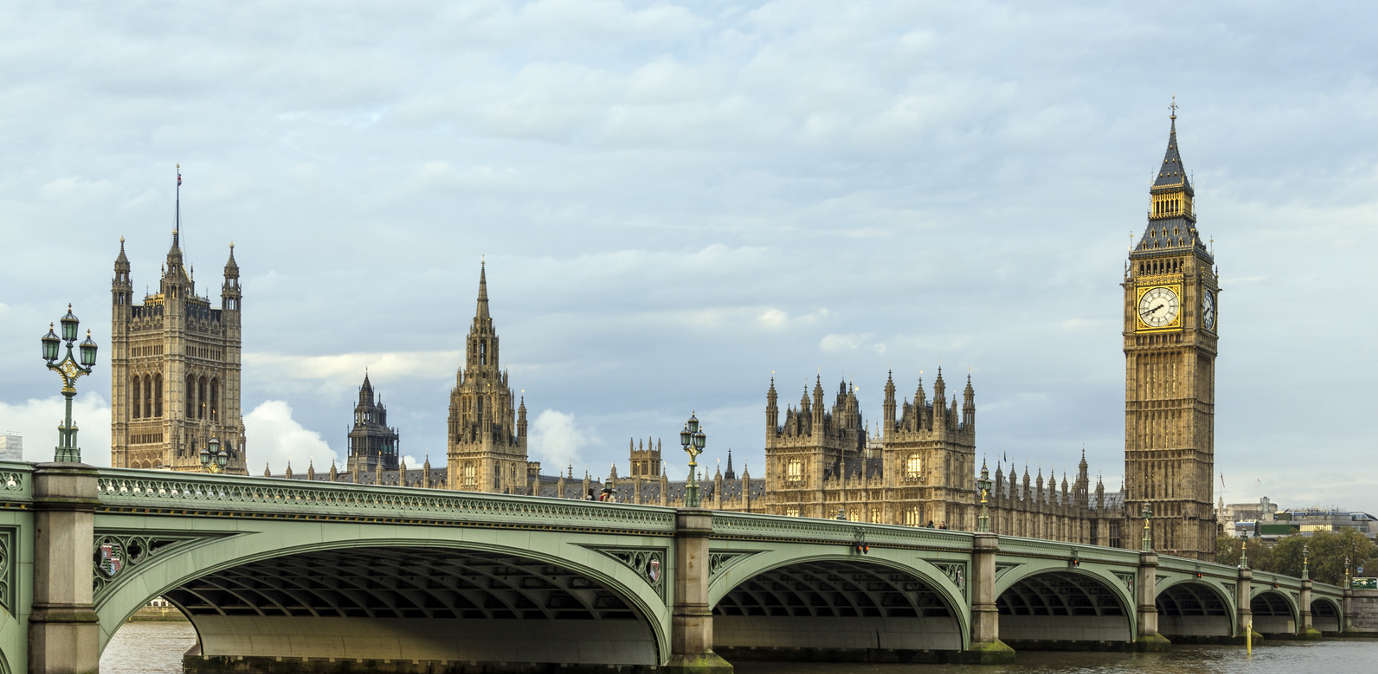The prospect of video gamers becoming paid professionals, and people placing bets on the outcome of contests, would have seemed unthinkable a few years ago.
Recent Posts
Energy storage technologies – will they be able to flourish within current regulatory frameworks?
Written by Inline Policy on 03 Aug 2016
The concept of energy storage is not new. However, technology advancements and the increased sense of urgency in relation to decarbonisation have gradually drawn attention to the possibilities of storage.
Natural Capital’s future in UK policy after Brexit and the Protocol
Written by Inline Policy on 27 Jul 2016
Natural capital — a term for the earth’s natural resources and support systems that benefit human society — is the underlying focus of our environmental laws and policies. The Clean Air and (Clean) Water Acts of the US and UK are two aptly-named examples of previous policies designed to protect natural resources.
Membership vs access: Why words have meaning for the future of UK financial services and the Single Market
Written by Inline Policy on 26 Jul 2016
Some of the UK political instability following the EU Referendum in June is beginning to dissipate. A new Prime Minister, reshuffled Ministerial teams, and reshaped Government machinery are in place. A timetable of sorts for the next steps is beginning to form, ie. no triggering of Article 50 to commence the departure negotiations, during this calendar year, but likely early in 2017. What is still concealed in opacity is any inkling of what the UK position might be in the parallel discussions on a future economic and co-operative relationship with the EU.
Robots and liability issues: the future regulatory framework
Written by Inline Policy on 30 Jun 2016
Robots are rapidly gaining public visibility as their development accelerates in conjunction with recent innovations in the domains of artificial intelligence, machine learning, machine-to-machine and machine-to-human interaction.
Brexit - Implications, what happens next and business considerations
Written by Inline Policy on 27 Jun 2016
Events have moved very quickly over the weekend, and the timeline for events post the UK referendum on the EU is becoming clearer, if not yet the future scope of UK-EU relations or the eventual implications for politics, economy and business.
The UK Government energy policy in-tray:
Written by Inline Policy on 15 Jun 2016
In the run-up to last Thursday’s EU referendum, policy direction, announcements and news flow dried up as the politicians became increasingly consumed with the debate. Following the tumultuous decision taken by the British people, this piece considers the in-tray that the Government - above all, DECC, but in addition other parts of Whitehall - needs to return to on energy and climate matters.
Out of the low growth trap: the limits of central bank power in boosting economic output
Written by Inline Policy on 06 Jun 2016
Last week’s gloomy Global Economic Outlook from the Organisation for Economic Co-operation and Development (the OECD) raises further questions on the degree of reliance placed by policymakers on monetary policy as an engine to boost output in a low growth, ultra-low inflation, economic environment. Markit Economics’ recent study of combined PMI indicators for the UK and the Eurozone indicated growth in the second quarter of 2016 of 0.2% and 0.3% in each respective market. The OECD downgraded the forecast for UK GDP growth in 2016 to 1.7%.
The CMA Interim Report on Remedies: A more competitive UK retail banking sector or missed opportunity?
Written by Inline Policy on 27 May 2016
Last week’s Competition and Markets Authority (CMA) set of interim recommendations on the UK retail banking sector represents the culmination of nearly two years work from the new competition regulator analysing plans for structural, market, and anti-trust reform of the industry. It is important to remember the political context which gave rise to the enquiry.
Back to the Future: Queen’s Speech plans to boost savings among low-paid and younger people
Written by Inline Policy on 18 May 2016
One of the Government’s themes for the Queen’s Speech for the 2016-17 Parliamentary session is improving life chances for the British people. Through the measures on the digital economy, transport and infrastructure, the Government’s intention is to make long-term social and economic reforms the focus of the remainder of this Parliament. Whether in practice that will happen with the aftermath of the European Referendum likely to hang over UK politics for several years, and darkening economic stormclouds gathering over the economy in terms of weaker performance on growth, exports, the current account deficit and productivity, remains to be seen.
What would Brexit mean for the investment climate in the financial sector?
Written by Inline Policy on 13 May 2016
With just six weeks left to go, the battle over the UK’s continued membership of the European Union is rising in volume and intensity. A key issue for investors in UK-traded financial services products and markets is undoubtedly what effects the decision made on June 23 will have on the climate for purchasing or retaining bonds, equities or other assets linked to either the performance of sterling or the stock market. Ultimately these are reflections on the underlying health of the UK economy itself, and the likely economic temperature if the UK stays within or leaves the Single Market, both in the short term and medium-to-long term.
The Single Rulebook and why it matters for financial services in the UK
Written by Inline Policy on 27 Apr 2016
One of the key policy responses to the financial crisis which led to the Great Recession was the subsequent action taken by EU Heads of Government through the European Council in June 2009 to strengthen the regulatory system governing all financial services providers within the Single Market area. In establishing a new European Banking Authority (EBA), within a European System of Financial Supervisors, which could take decisions on the basis of majority voting, member states also adopted a trio of regulations applicable throughout the Single Market – known together as the Single Rulebook.
How can the financial services sector help reduce asset inequalities faced by Generation Rent?
Written by Inline Policy on 20 Apr 2016
In most parts of the world, the Millennial Generation has more personal and economic freedom than any which preceded it, but is also facing a squeeze on wealth and assets not experienced in the last 70 years. The UK Government’s Social Mobility and Child Poverty Commission considers that social mobility is in danger of going into reverse in some areas of the UK, and that inequality of assets between generations could worsen matters.
Major banks on the move with Blockchain – huge development amid renewed economic flux
Written by Inline Policy on 13 Apr 2016
These are key months in the future of financial services, and for the power of traditional banks in the global economy. The recent Citigroup report spelled out in clear terms the potential of Blockchain technology, which underpins the digital currency Bitcoin, to revolutionise financial services way beyond payment and remittance services, into asset management and insurance. The report modelled projected surges in Blockchain use in retail banking services and automation of some routine financial advice, with a multi-trillion potential market in new peer-to-peer lending created by the app economy, while having the effect of losing 1.7m retail banking jobs in the EU and US. A recent McKinsey study showed that in Western Europe as much as 40% of new deposits could come via digital-only banking by the end of the decade, and 80% of people in developed Asian markets would be prepared to shift their accounts to banks offering digital only platforms.
Does the EU ETS need reviving, again?
Written by Inline Policy on 12 Apr 2016
Boom and Bust
The EU Emissions Trading System (EU ETS) has been up and down a rollercoaster over the last decade. Launched with considerable optimism in 2005 as one of the European Union’s prime policy instruments for tackling climate change by placing a price on greenhouse gas emissions, it has since gone through what can be most appropriately termed a “boom and bust” cycle.
At the end of Phase I in 2007, the price of an EUA effectively hit zero, as there was no provision to carry Phase I EUAs into the second phase.
 Insights from Inline Policy listing page
Insights from Inline Policy listing page



















